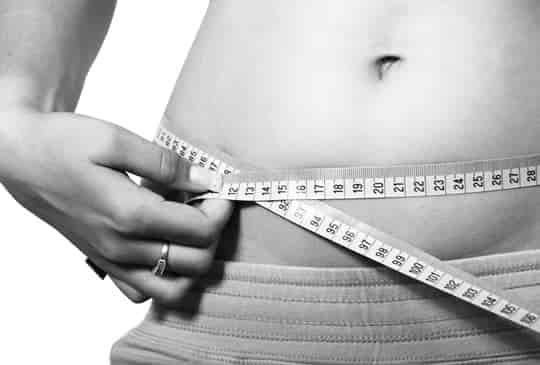People in the study experienced very fast weight loss.
Alternate-day fasting — eating one day and fasting the next — is the fastest way to lose weight, research finds.
One of the beauties of the diet is that it is very simple: on one day people can eat whatever they like.
On the next they have to confine themselves to just unsweetened tea or coffee and water for the day.
There is no calorie counting or any complicated rules.
Researchers found that alternate-day fasting also helped to reduce bad cholesterol levels and decreased biological markers linked to disease, aging and inflammation.
Overall, people in the study lost around 4.5 percent of their body weight.
Dr Thomas Pieber, study co-author, said:
“Why exactly calorie restriction and fasting induce so many beneficial effects is not fully clear yet.
The elegant thing about strict ADF [alternate-day fasting] is that it doesn’t require participants to count their meals and calories: they just don’t eat anything for one day.”
Thirty people in the study who went on alternate-day fasting were compared with another group of 30 people who ate freely for four weeks.
People fasting compensated for some calories on their days off, said Professor Harald Sourij, but not all:
“We found that on average, during the 12 hours when they could eat normally, the participants in the ADF group compensated for some of the calories lost from the fasting, but not all.
Overall, they reached a mean calorie restriction of about 35% and lost an average of 3.5 kg [7.7 lb] during four weeks of ADF.”
Fasting should be avoided by those with viral infections, said Professor Frank Madeo, study co-author:
“We feel that it is a good regime for some months for obese people to cut weight, or it might even be a useful clinical intervention in diseases driven by inflammation.
However, further research is needed before it can be applied in daily practice.
Additionally, we advise people not to fast if they have a viral infection, because the immune system probably requires immediate energy to fight viruses.
Hence, it is important to consult a doctor before any harsh dietary regime is undertaken.”
The study was published in the journal Cell Metabolism (Stekovic et al., 2019).

